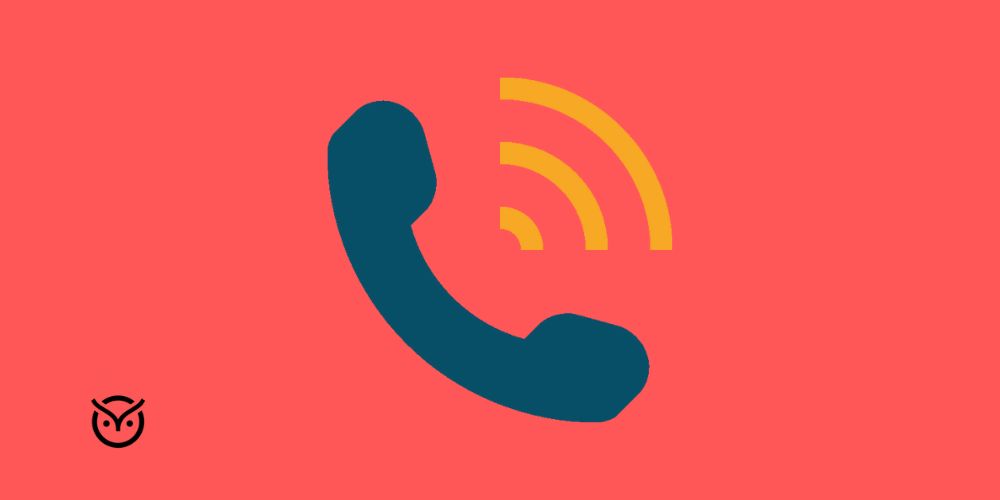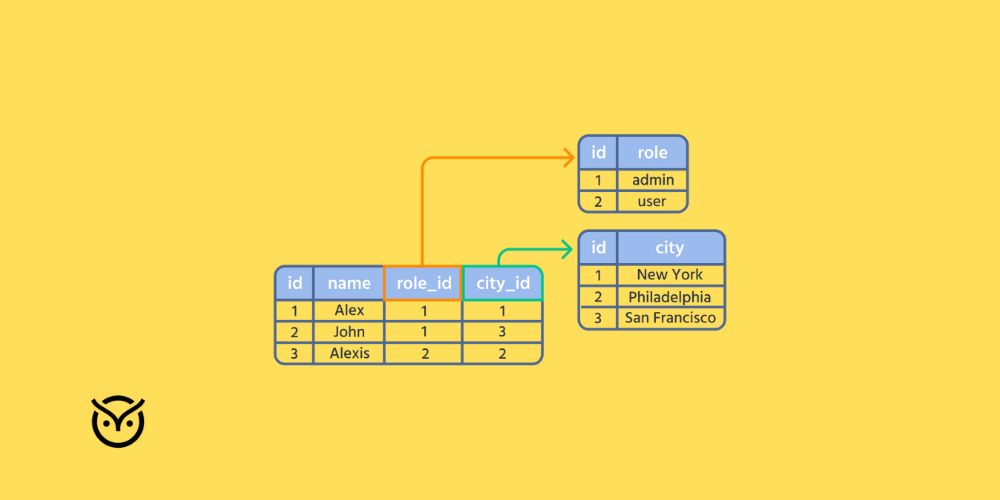
TL;DR
- Use effective phone screening tips for AI hiring to keep calls fast and focused.
- Clarify the role, check fit, and decide next steps.
- On assessment platforms or pre-screens, ask behavior-based questions.
- Let AI speed things up while keeping a human touch.
- Spot red flags early, like vague answers, weak tone, or shifting stories.
Helping your hiring team move beyond the endless inbox of resumes is a major headache. When you face hundreds of candidates, it becomes impossible to vet each one and still hit your deadlines manually. That’s why nailing effective phone screening tips for AI hiring comes in: it reduces noise, surfaces strong fits, and gives you breathing room for what matters next.
In this blog, you’ll learn what exactly a phone screen is, how to conduct a phone screen interview, what questions you should ask, plus how to weave in talent assessment platforms, screening pre-interview practices, and even how to use AI to boost quality.
What Is a Phone Screening?
A “phone screening” (or sometimes “screening call”) is a short live conversation used early in the hiring process to filter out candidates who clearly don’t fit before investing in more extended interviews. It answers the question: What is a screening call? You’re checking basic criteria: Can they do the job, do they want the job, and can they show up?
According to recent recruiting trends, up to 20% of applicants reach the interview round. Phone screens are often just 15-45 minutes long. In the context of AI-hiring and large applicant pools, this step is indispensable for speed and fairness.
How to Conduct an Effective Phone Screen Interview
Here are steps and tips for conducting a phone-screen interview well, especially when you’re hiring with AI and large volumes:
Prepare and Be Clear on Your Agenda
- Define what you must know: eligibility (right to work, salary range), role interest, core skills, and cultural fit.
- Use your talent assessment platforms or ATS (Applicant Tracking System) to pull key data ahead of the call.
- Set aside 15-30 minutes, and let the candidate know the time window.
Start Friendly and Focused
- Begin with a brief introduction, confirm the time, and state the purpose of the call.
- Example: “This call will help both of us decide if it’s worth scheduling the next interview”.
- Then transition into structured questions.
Use a Consistent Script
- Whether you use AI for part of this or not, consistency matters. It helps you compare across candidates.
- Templates may include: role overview, candidate introduction, key skills discussion, and next steps.
Listen for Meaningful Indicators
- Instead of only asking if they can do something, ask how they did it (behavioural).
- Watch for clarity, relevance, and enthusiasm. If answers are vague or superficial, that’s a warning.
- Include one check for AI screening for culture fit by asking for their preferred work environment or examples of collaboration.
Capture Structured Notes & Next Steps
- Use scoring or boxes for “Meets”, “Maybe”, “No” for each criterion.
- Wrap up by explaining the following steps and thanking the candidate. Keep communication open.
What to Ask During a Phone Screen
To get the most out of the call, your questions must serve your goals and be aligned with screening pre-interview practices. Here are smart question categories and example questions:
Eligibility & Logistics
- Can you legally work in this country?
- What pay range do you expect for this role?
- When would you be able to begin?
Role Fit & Motivation
- What drew you to this role?
- Tell me how your experience with [specific tool/process] prepared you for this job.
- In your last role, what were you responsible for that matches this one?
Skills & Achievement
- Give me an example where you solved a challenge using [key skill].
- What was the outcome, and how did you measure success?
- How do you prioritise tasks when you have competing deadlines?
Culture Fit & Working Style
- What kind of team environment do you thrive in?
- What behaviour would you avoid in a manager?
- Use this as a soft test of AI screening for culture fit. You want someone whose values align.
Close & Next Steps
- Do you have questions about the role or company?
- If everything aligns, are you ready to proceed to the next step?
- What would need to happen for you to accept an offer?
Bonus: Candidate’s Preparation
- How did you prepare for a phone job interview for this role?
This question not only tests sincerity but also gives you insight into their readiness and initiative.
Using AI to Improve Phone Screening Quality
AI hiring tools are changing how recruiters manage early interviews. Rather than handling many calls by hand, teams now use systems that record, review, and score each talk. These tools pick up on tone, clear speech, and energy in the answers. They notice small details that people often miss during the call.
The real advantage lies in consistency. With structured AI-driven questions, each candidate gets the same opportunity, reducing unconscious bias. AI can also integrate directly with talent assessment platforms to merge call data with skill scores. That means if a candidate shines in communication but scores lower in technical tests, you’ll see it clearly before making a call.
A growing number of teams also use AI to handle AI screening for culture fit. These tools assess language cues, collaboration styles, and emotional tone to predict team compatibility. The trick is balance. Use AI as a partner, not a replacement. Keep empathy in the process and let your human judgment make the final decision.
Red Flags to Watch For
Even with AI assisting, recruiters need to stay alert for signs that a candidate might not be the right fit. Below are key red flags that often surface during screening pre-interview calls.
Vague or Inconsistent Answers
If a candidate cannot clearly explain past responsibilities or gives shifting details, it may signal exaggeration or a lack of depth.
Negative Talk about Past Employers
Professional maturity shows in how someone describes old workplaces. Blame-heavy narratives often predict poor collaboration habits.
Poor Communication or Engagement
Long silences, monotone delivery or unclear answers can signal low enthusiasm or weak interpersonal skills, both of which are ominous signs for team roles.
Unrealistic expectations
Candidates who demand a salary far above the range or immediate promotion early on might not align with the role’s structure.
No Questions at the End
A curious person often shows real interest in the role. When someone ends the call without a single question, it can point to low engagement.
Trust your own sense during the chat. If something feels wrong, review your notes and confirm it through another interview or test. AI can reveal trends, but human judgment makes the final call.
Conclusion
Mastering effective phone screening tips for AI hiring means finding a balance. Use technology to save time, but never lose the human connection. The best calls are short, consistent, and insightful. They set the tone for what’s to come, helping both sides decide whether to move forward.
AI may handle transcription, scoring, or summarization, but it’s your empathy and curiosity that turn screening into selection. Keep refining your questions, leverage insights from talent assessment platforms and always aim for clarity over speed.
FAQs
Most last between 15 and 30 minutes. It’s enough to assess motivation, experience, and communication skills without overwhelming the candidate or recruiter.
It helps recruiters confirm if the candidate meets the basic role requirements before a longer interview. The goal is to verify skills, interest, and culture fit.
Yes. The phone screen acts as a filter to ensure the right candidates move forward. Once you confirm they fit the basics, assessments can focus on technical or behavioral depth.




